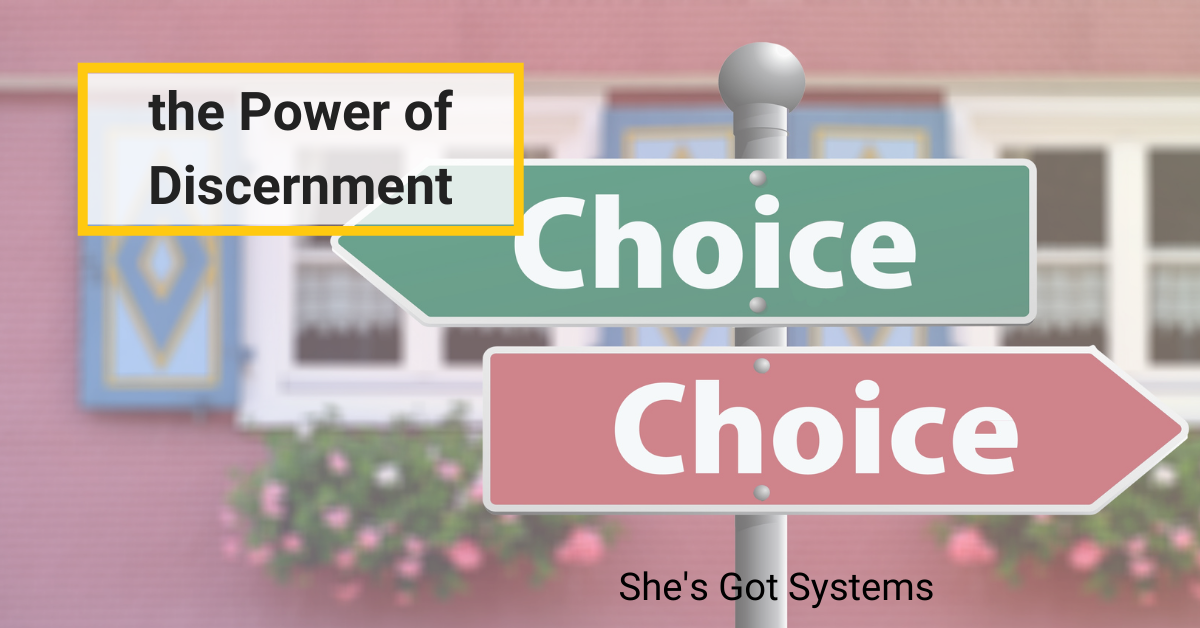One of the most powerful benefits of private coaching / consulting / mentorship is that you can really engage in the dynamics of nuance. If I’m recording a public facing video on a topic there are a lot of “consider trying” and “if you do x, try y” because, by the nature of the platform, you’re talking to people from a variety of industries, with different objectives and a wide array of experience.
But when you work with someone one to one, it’s a lot easier and simpler to say, “I think you should try this strategy and here’s why.”
The problem I run into, all the damn time, is the person who wants to speak to a large audience to leverage their time (no problem) and share specific action steps or strategies (problem). For some reason it’s nearly impossible for some people to ask their audience to apply their own discernment or nuance to a situation.
And that is an issue we have to talk about.
The Crowdsource economy is not for everything
Crowdsourcing ideas, money, even the best name for a pet can be fun and collaborative. Businesses that raise funds for upcoming projects or expansion create a group of committed fans and that’s all good.
But crowdsourcing without discernment doesn’t work for other areas of life, such as medical diagnoses, business strategy or product pricing. These efforts might give you a direction to explore but not a certain destination.
For example, the Netflix show Diagnosis from the New York Times follows a doctor who interviews and publishes stories about individuals with undiagnosed illnesses and then asks followers for advice. This is fantastic! But every single patient who receives these ideas from virtual strangers then completes due diligence to determine if the person giving the advice was correct.
Here’s how that same situation plays out with entrepreneurs seeking business advice.
Guru John Doe teaches a mastermind or coaching program and charges each member for their participation. Now, in a group call the first member shares a problem: their sales are down. There’s little to no exploration of the circumstances surrounding that problem. The leader of the group doesn’t ask about their current marketing strategy, list growth, product suite, price points, promotional strategy, launch and discount policies, refund rate, position in the market or growth goals. And, the guru does not know this member’s business model or history well enough – after all there are hundreds or thousands of members.
Instead, out comes some generic recommendations to “try paid ads” or “raise the price and add some bonuses” and without giving much context to those ideas, it’s on to the next member.
Instead of digging into the recommendation with due diligence, the member feels obliged to follow the generic advice given – after all, I’m paying for this group, this education, this support, I’d be stupid not to take it, right? Within these communities there also tends to be some groupthink happening, why would you ask if you’re not going to listen? Do you think you know more than the person making more money than you?
Every single time I witness this happen, I mourn the loss of our agency, independent thought and discernment, willingly given up for someone else, simply because we gave them our credit card number.
Discernment is not disrespectful
The first time I willfully chose to disregard the advice of a coach I was paying thousands of dollars, was 11 years ago. It was 2011 and my coach had told me, in a very similar scenario to what I shared above, that I needed to join BNI or LeTip and create a circle of people who would recommend leads to me. I dutifully went to these meetings as a guest to see what they were all about and – no offense to those members out there – it was not for me. But I was terrified of telling this coach “no” – even when I was pretty sure she didn’t remember telling me I had to do this.
Instead of joining a local, in-person, community which charged thousands for membership I joined a different style community which was invite only, half the cost, and virtually ran. I felt so much guilt and shame for disregarding the advice of the coach!
Did it work out?
Well, within a year I had dozens of media mentions thanks to my new community membership, including a feature in the Sunday New York Times.
The kicker?
The coach tried to take credit for my media accomplishments, even though I disregarded her advice to achieve those results.
Why is discernment discouraged?
In general, I believe that gurus who encourage their members to follow generic advice and do not get into the details of a situation before dispensing advice want the income of private coaching without the associated time and effort it takes.
Despite everyone crowing about “leveraging your time” and to stop trading “dollars for hours” it is completely acceptable to work with an advisor who will take the time and space to understand your goals, your business, industry, style and needs and work with you directly on those things.
It’s also okay to join a mastermind, group program or other community – as long as you recognize that the advice coming your way is a starting point for exploration and not the end all be all. Apply a dose of discernment, complete your due diligence and ensure that the advice you’re taking doesn’t steal your personal agency in the process.

 How to Create new habits for your business in 2016
How to Create new habits for your business in 2016 You can’t do everything. And you shouldn’t.
You can’t do everything. And you shouldn’t. Sharing My Purpose
Sharing My Purpose